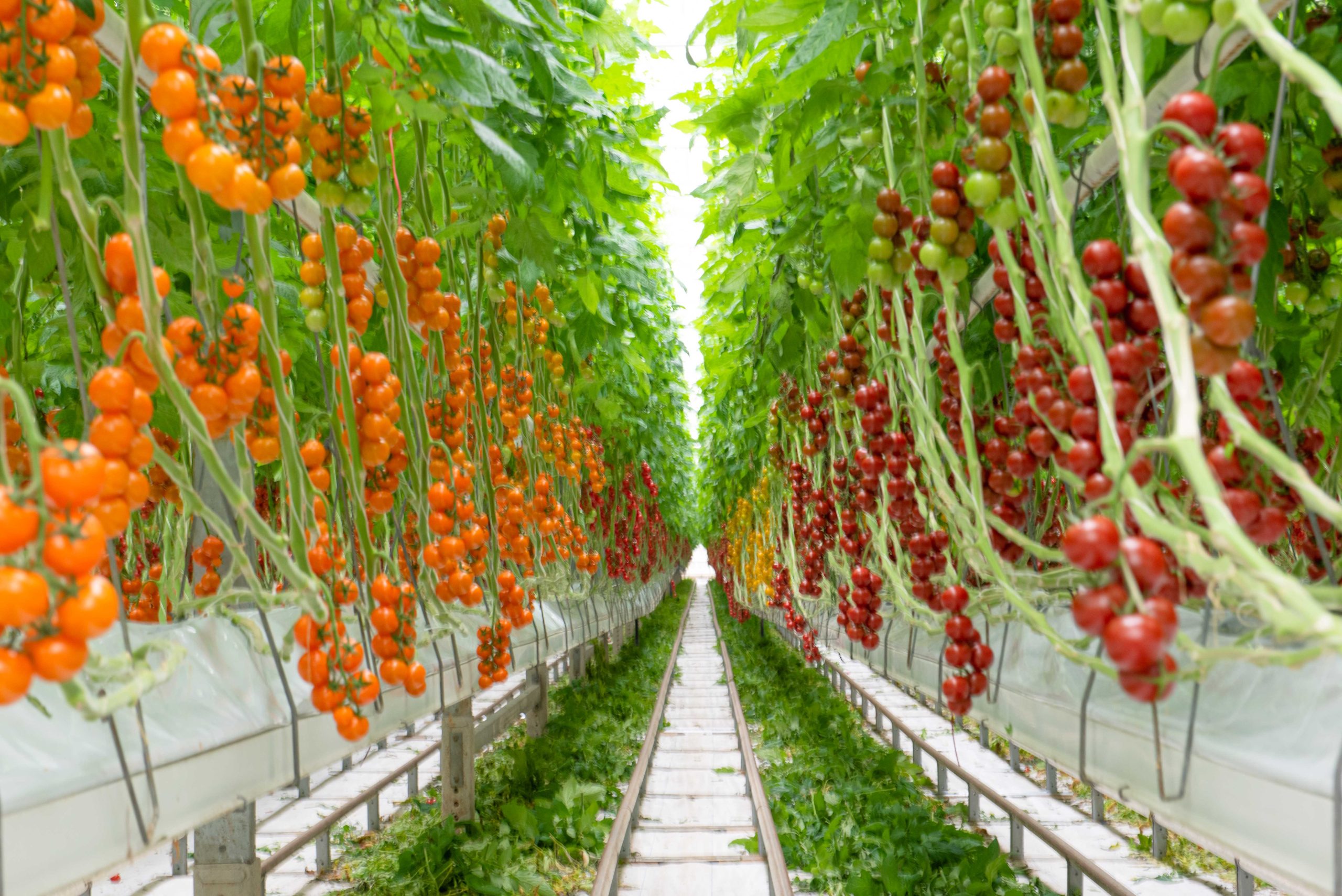Today marks the start of Great Big Green Week, and as we celebrate environmental initiatives across the globe, it’s essential to recognise its significance in the realm of tomato cultivation.
From reducing carbon footprints to promoting eco-friendly practices, this event holds particular importance for those involved in growing tomatoes. Let’s delve into three key points highlighting the importance of Great Big Green Week in the context of tomato growing:
- Championing Sustainable Agriculture:
Great Big Green Week serves as a reminder for sustainable agriculture practices, and tomato growers are no exception. Sustainable farming methods, such as organic cultivation, integrated pest management, and water conservation techniques, play a crucial role in minimising environmental impact while maintaining crop productivity. By embracing sustainable practices, tomato growers can reduce reliance on synthetic inputs, preserve soil health, and protect biodiversity, ultimately contributing to a healthier planet for future generations.
- Fostering Environmental Awareness:
Participation in Great Big Green Week offers tomato growers an opportunity to raise awareness about environmental issues and the importance of sustainable food production. By engaging with their local communities through events, workshops, and educational initiatives, growers can share knowledge about the environmental benefits of locally grown tomatoes and inspire others to make eco-conscious choices. This heightened awareness fosters a deeper appreciation for the connection between food, the environment, and personal well-being, driving positive change within the industry and beyond.
- Promoting Climate Resilience:
Climate change poses significant challenges to agriculture, including tomato production, as shifting weather patterns, extreme temperatures, and unpredictable rainfall can impact crop yields and quality. Great Big Green Week encourages tomato growers to adopt climate-resilient practices that enhance the resilience of their operations to climate-related risks. This may include investing in greenhouse technology, implementing water-efficient irrigation systems, and diversifying crop varieties to better withstand changing environmental conditions. By prioritizing climate resilience, tomato growers can adapt to the challenges of a warming world and ensure the continued availability of this essential crop.
Great Big Green Week holds immense importance in the context of tomato growing, serving as a catalyst for sustainable agriculture, environmental awareness, and climate resilience. By embracing this event and its principles, tomato growers can play a vital role in fostering a more sustainable and resilient food system while safeguarding the planet for future generations. Let’s celebrate Great Big Green Week and its role in cultivating a greener, healthier world for all.







